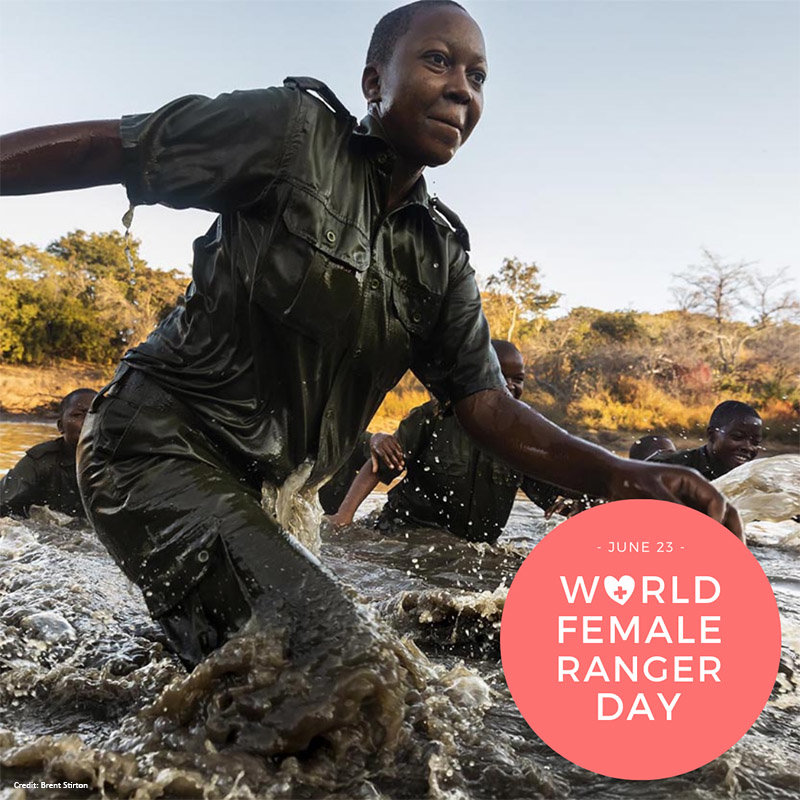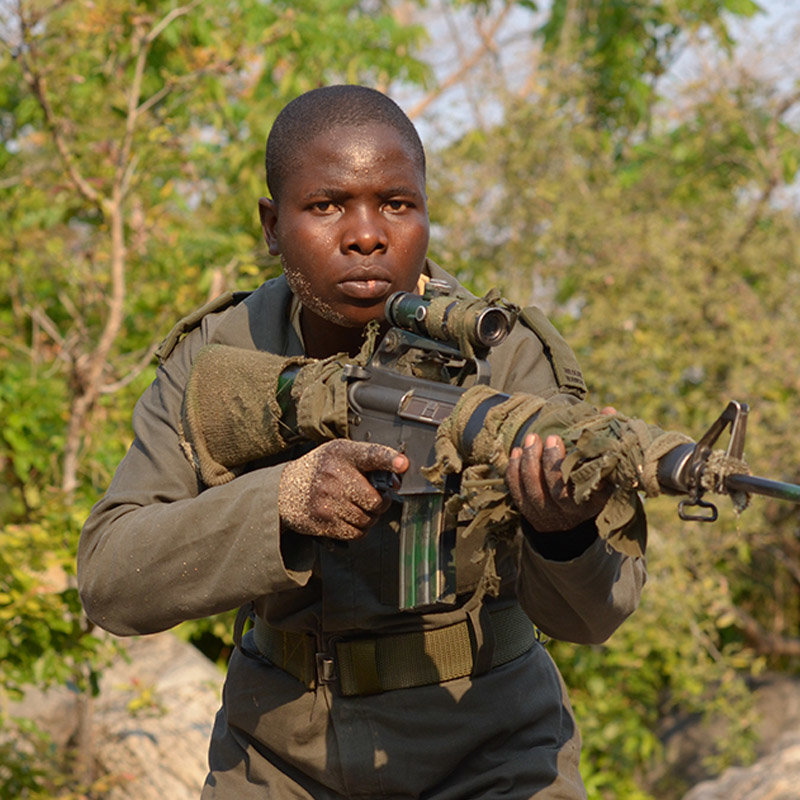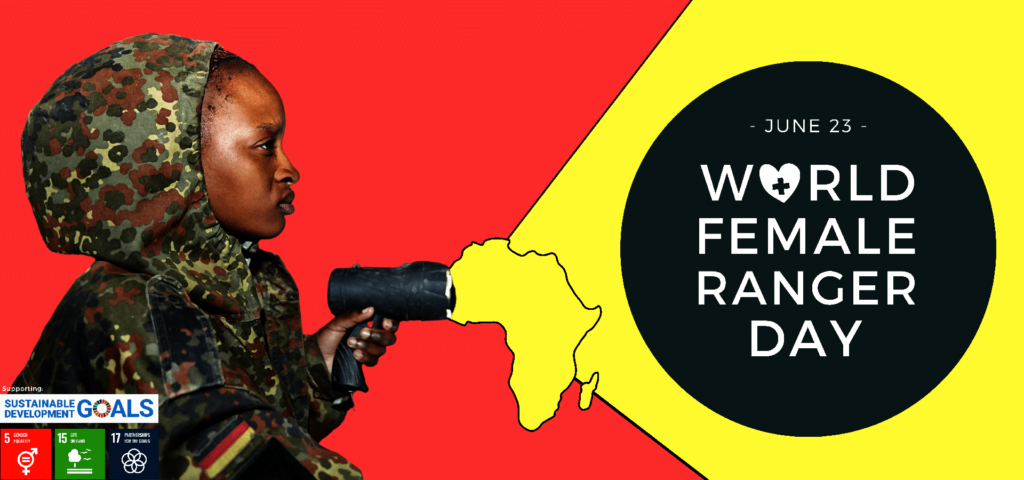By Holly Budge | Founder & Chair of How Many Elephants
The aim of this ongoing fundraising campaign on GlobalGiving is to raise funds for female ranger teams in Africa, in line with World Female Ranger Day on June 23.
This ground-breaking global awareness day will celebrate and support female anti-poaching rangers, spotlighting Africa in its first year. Female anti-poaching rangers in Africa are bold, changing the game and paving the way for women to stand alongside men at the forefront of conservation, but they need allies.
World Female Ranger Day marks the first time that female wildlife rangers will be recognised collectively on a global platform, to tell their stories, have access to peer support, offer and receive advice, and share knowledge. As champions of wildlife conservation, as role models, as educators and as beacons of hope, these women are not only transforming attitudes towards the role of women in Africa and beyond but are also showing the capabilities and success of females in traditionally male roles. Less than 11% of the global wildlife ranger workforce is female. With women being natural communicators, protectors and investing their earned income in their families, bringing gender equality into the workforce enhances conservation efforts and relationships within communities.
Over the last 12 months, COVID-19 has crippled tourism and funding for conservation projects within Africa and globally. The lack of tourists visiting National Parks has led to many rangers losing their jobs or having significant salary cuts. The knock-on effect of this is huge, as one ranger alone may support up to 16 family members. Additionally, reduced vigilance in tourist hotspots has left wildlife even more vulnerable to poaching. The work of rangers is paramount right now.
As recently as March 25 2021, Africa’s elephant species have been reported to be at an increased risk of extinction due to being poached for their ivory tusks and losing their natural habitats due to human activity. The forest elephant is now listed as Critically Endangered, and savanna elephants are listed as Endangered in the International Union for Conservation of Nature (IUCN) Red List of Threatened Species. This further proves the need for the presence of anti-poaching rangers in Africa’s wilderness areas.
Many of these inspirational female rangers have overcome adversity, poverty and marginalisation. Becoming a ranger has empowered them and turned them into breadwinners and property owners, and has given them access to higher education and much-needed healthcare. Their often challenging work on the front line, defending wildlife and protecting wild spaces, is making a difference. To shine a light on the impact, The Black Mambas in South Africa are making; since 2013, more than 1500 deadly snares have been dismantled and seized, and record numbers of poachers’ camps have been destroyed. The number of snaring and poaching incidents in Balule Nature Reserve, where the Black Mambas operate, has fallen by 76%.
At How Many Elephants, we support the UN Sustainable Development Goals (SDGs) Specifically no.5 - Gender Equality, no.15 - Life on Land and no.17 - Partnerships for the Goals. In keeping with these goals, we hope this GlobalGiving Campaign and World Female Ranger Day is the start of a long-standing campaign to support female-led conservation efforts across the globe and increase gender diversity in anti-poaching ranger teams. To our loyal supporters, a heartfelt thank you.
Links:
Project reports on GlobalGiving are posted directly to globalgiving.org by Project Leaders as they are completed, generally every 3-4 months. To protect the integrity of these documents, GlobalGiving does not alter them; therefore you may find some language or formatting issues.
If you donate to this project or have donated to this project, you can receive an email when this project posts a report. You can also subscribe for reports without donating.
Support this important cause by creating a personalized fundraising page.
Start a Fundraiser

